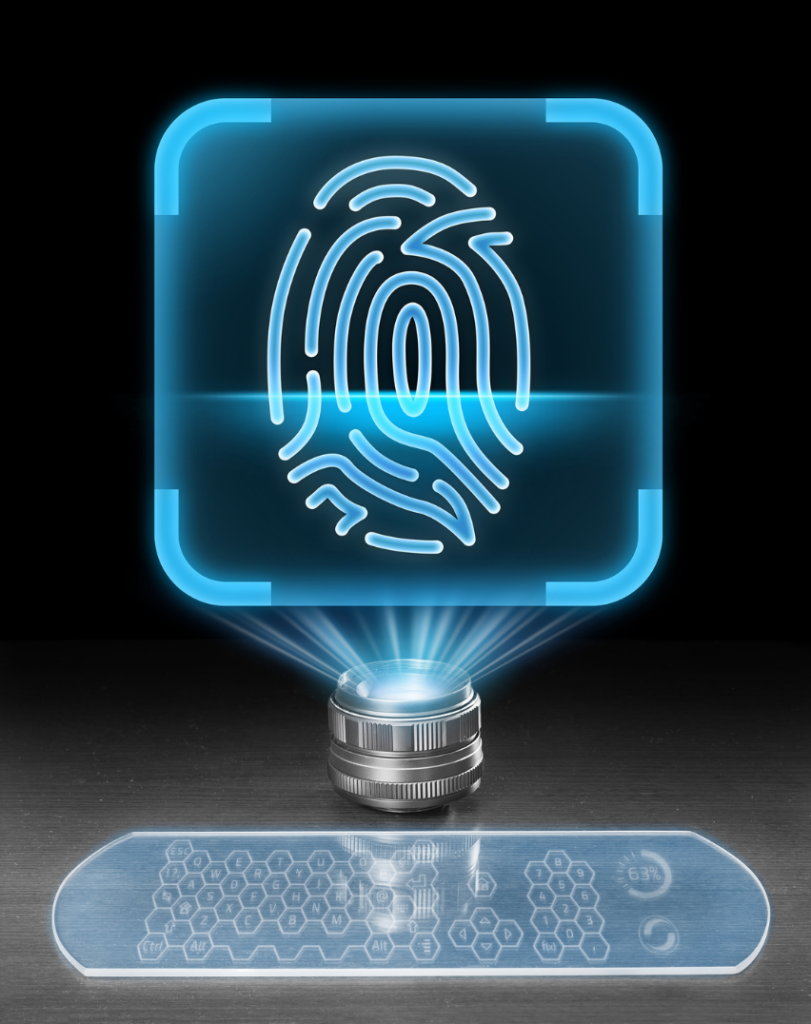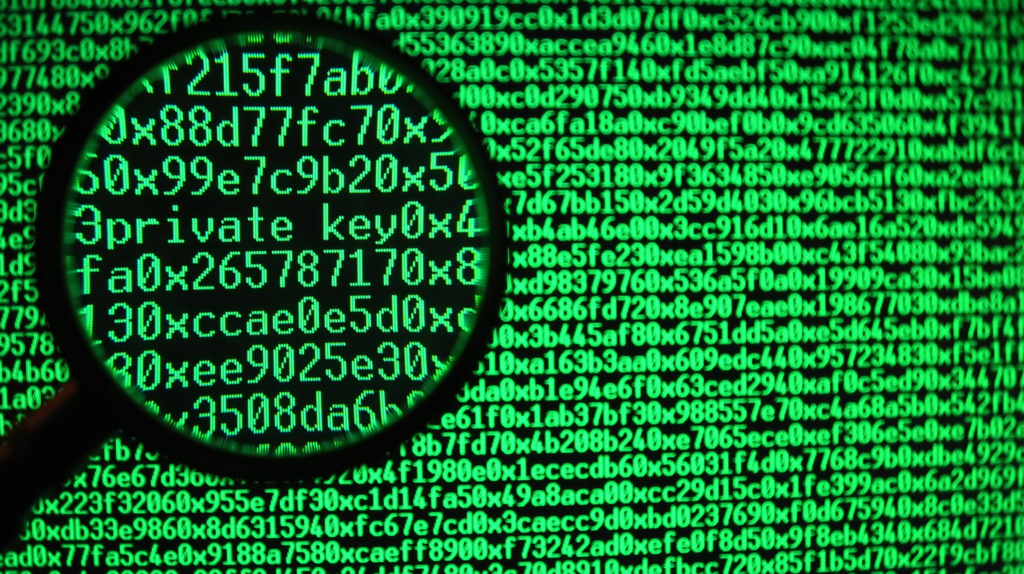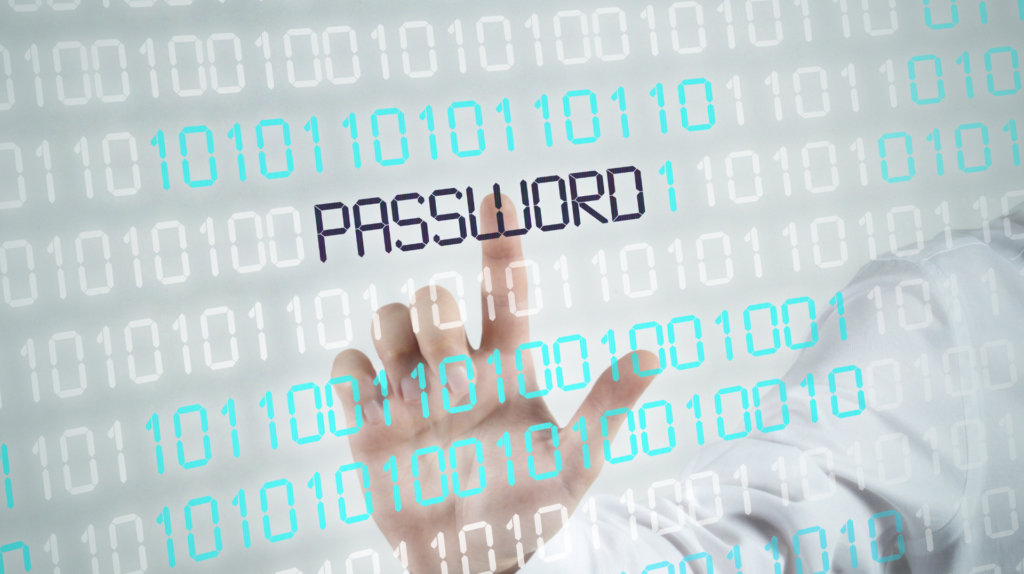In today’s world, the presence of private security has become nearly ubiquitous. From retail stores to corporate buildings and gated communities, private security officers play a vital role in maintaining safety. However, as their influence grows, the operations of private security firms remain shrouded in secrecy. This article delves into the realities of private security activities, their impact on public life, and the ethical questions surrounding their practices.
1. The Expanding Role of Private Security
Private security firms now perform tasks that were traditionally handled by public law enforcement. These tasks include patrolling neighborhoods, monitoring surveillance systems, and providing crowd control at events. In some cases, private security guards even have powers of detention, though they are typically limited compared to police officers.
The global private security market has expanded significantly. According to recent estimates, the industry is expected to surpass $300 billion in value by 2027. This growth raises questions about the balance of power between private forces and public policing, as well as the oversight and regulation needed to prevent abuse.
2. Hidden in Plain Sight: Surveillance and Privacy Concerns
One of the most contentious revelations about private security is the use of advanced surveillance technologies. Many private security companies employ facial recognition, license plate readers, and predictive analytics to prevent crimes. While these tools enhance safety, they also pose significant privacy risks.
For example, facial recognition systems are often inaccurate and prone to racial and gender bias, leading to false identifications. Unlike public police departments that may have transparency requirements, private companies operate with far less accountability, making it difficult to know how data is used, stored, or shared.
3. The Question of Accountability
When a public police officer commits misconduct, there are established systems for complaints, investigations, and disciplinary actions. Private security guards, however, are governed by the policies of the company that employs them. This lack of standardized oversight has led to numerous incidents where security personnel have abused their authority.
A notable example involves cases of excessive force by private guards in shopping malls and other public spaces. Videos of guards mishandling minor incidents have sparked debates about training standards and the rights of citizens. Many private guards receive minimal training compared to police officers, which raises serious concerns about their ability to handle complex situations ethically and legally.
4. The Militarization of Private Security
Another troubling trend is the militarization of private security forces. In high-risk environments, such as conflict zones or resource extraction sites, private contractors often carry military-grade equipment. Companies like Blackwater (now known as Academi) gained infamy for their actions during the Iraq War, where contractors were implicated in human rights abuses.
Even in domestic contexts, private security firms increasingly use aggressive tactics and equipment. Armored vehicles, drones, and tactical gear are no longer exclusive to government forces, raising concerns about the privatization of force and its implications for democracy.

5. Ethical Dilemmas and the Profit Motive
Unlike public law enforcement, private security operates for profit. This profit motive can create conflicts of interest that compromise ethical standards. For instance, some companies prioritize protecting the assets of wealthy clients over ensuring the safety of the general public. In gated communities, this can lead to the exclusion of marginalized groups or biased enforcement practices.
Additionally, the reliance on private security in public spaces blurs the line between public good and private interest. When private firms control access to parks, malls, and even entire neighborhoods, it raises the question of who has the right to control public spaces.
Lorem ipsum dolor sit amet, consectetur adipisicing elit, sed do eiusmod tempor incididunt ut labore et dolore magna aliqua. Ut enim ad minim veniam, quis nostrud exercitation.
Peter Jackson
6. The Path Forward: Regulation and Transparency
To address these issues, stricter regulation and greater transparency are necessary. Policies that require licensing, training, and clear codes of conduct for private security personnel can help mitigate abuses. Additionally, data collected by private surveillance systems should be subject to similar privacy laws as public data to ensure accountability.
Public awareness is also crucial. Consumers and businesses that hire private security should demand companies with robust ethical guidelines and a commitment to fair practices. Advocacy groups and policymakers must work together to create a framework that protects both safety and civil liberties.


Private security plays an undeniable role in modern society, but its rise comes with significant ethical, legal, and societal implications. Understanding the activities of private security firms and advocating for accountability is essential to ensure that safety does not come at the cost of privacy and human rights. As this industry continues to grow, it is up to citizens, regulators, and security professionals to strike a balance that benefits everyone.




